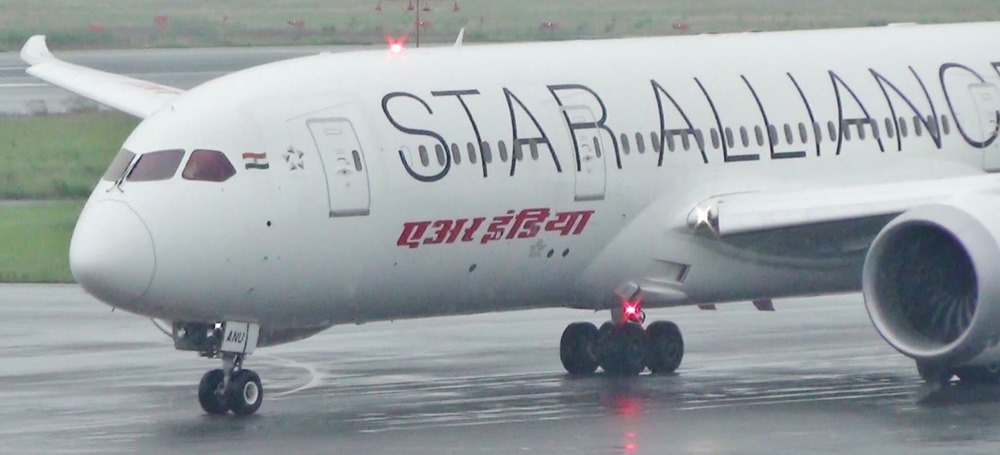Govt Will Charge Rs 1 Lakh To Evacuate Indians Stranded In US; Rs 15,000 For Dubai

On Tuesday, union civil aviation minister Hardeep Puri said that around 15,000 stranded Indians are expected to be flown back to India in 64 flights in the first week of the government’s mammoth exercise to evacuate stranded Indians from abroad.
Contents
What Is The Plan?
According to Puri, the passengers will be charged for the flights, adding it is a commercial service being carried out under “special circumstances”.
Further, the minister said the exchequer does not have the space to pay for the repatriation of more than 2,00,000 estimated stranded Indians.
As some of the fares (one way) from the Gulf countries such as Abu Dhabi, Dubai and Doha to Kochi, Kerala range from Rs 15,000 to Rs 16,000.
While rescue flights from London to India will cost Rs 50,000 while flights from the United States to India have been priced at Rs 1,00,000.
He further said, “If there was no charge, people wanting to come back would be much higher,”.
What Would Happen Next?
According to the plan, the first phase of the evacuation will begin from May 7 to May 13, evacuating Indians from 12 countries including the UEA, Saudi Arabia, Qatar, Bahrain, Kuwait, Oman, Bangladesh, Philippines, Singapore, Malaysia, United Kingdom and the United States.
In the first week, India will be evacuating 2,100 citizens from the United States and 2,000 from the UAE.
As per the reports, only Air India flights – 40 from the national carrier and 24 from its subsidiary Air India express – will be deployed for now.
Further Puri said, “We will consider involving private airlines as well going forward,”.
On Monday, the government announced it will begin repatriating Indians stranded around the world because of the Covid-19 crisis in phases from May 7 as a sign of relief for hundreds of thousands of Indian’s stranded abroad since India shut both domestic and international flight operations due to Covid-19.
Why Would This Happen?
While talking on the subject, Puri said, the requests received by the Indian embassies are increasing by the day and expected to go much higher than the initial estimate.
According to him, “Initially, we had estimated 190,000-200,000 stranded Indians wishing to come back. As the MEA and state governments considered the number, many more expressed an interest to travel. A comprehensive plan has been drawn out only for those of our citizens who are in foreign countries and who are stranded either because their visas have expired or they are being deported or they went to these countries just before the lockdown for work and need to get back,”.
What About Screening?
He mentioned the screening process saying, “We are looking at a possible second wave of infections and we need to take the screening and quarantine process very seriously,”.
According to the government, a standard operating protocol (SOP) has been prepared for the repatriation.
Moreover, upon arrival passengers will have to fill a self-declaration form.
Only asymptomatic passengers would be allowed to travel, as medical screening of passengers would be done before they take the flight.
Further, all these passengers would have to follow the protocols, during the journey, such as the health protocols, issued by the ministry of health and the ministry of civil aviation.
The travelers will have to register on the Aarogya Setu app, on reaching their destination in India and undergo another medical screening.
Once the scrutiny is done, they will be quarantined for 14 days, either in a hospital or in an institutional quarantine on payment-basis, by the concerned state government.
Puri said “All the necessary protocols, including thermal screening, social distancing, etc, will have to be followed. State governments have to assure us that they have the necessary infrastructure to handle the passengers coming in. They will have to have adequate quarantine facilities including provisions for paid quarantine,”.

Comments are closed, but trackbacks and pingbacks are open.